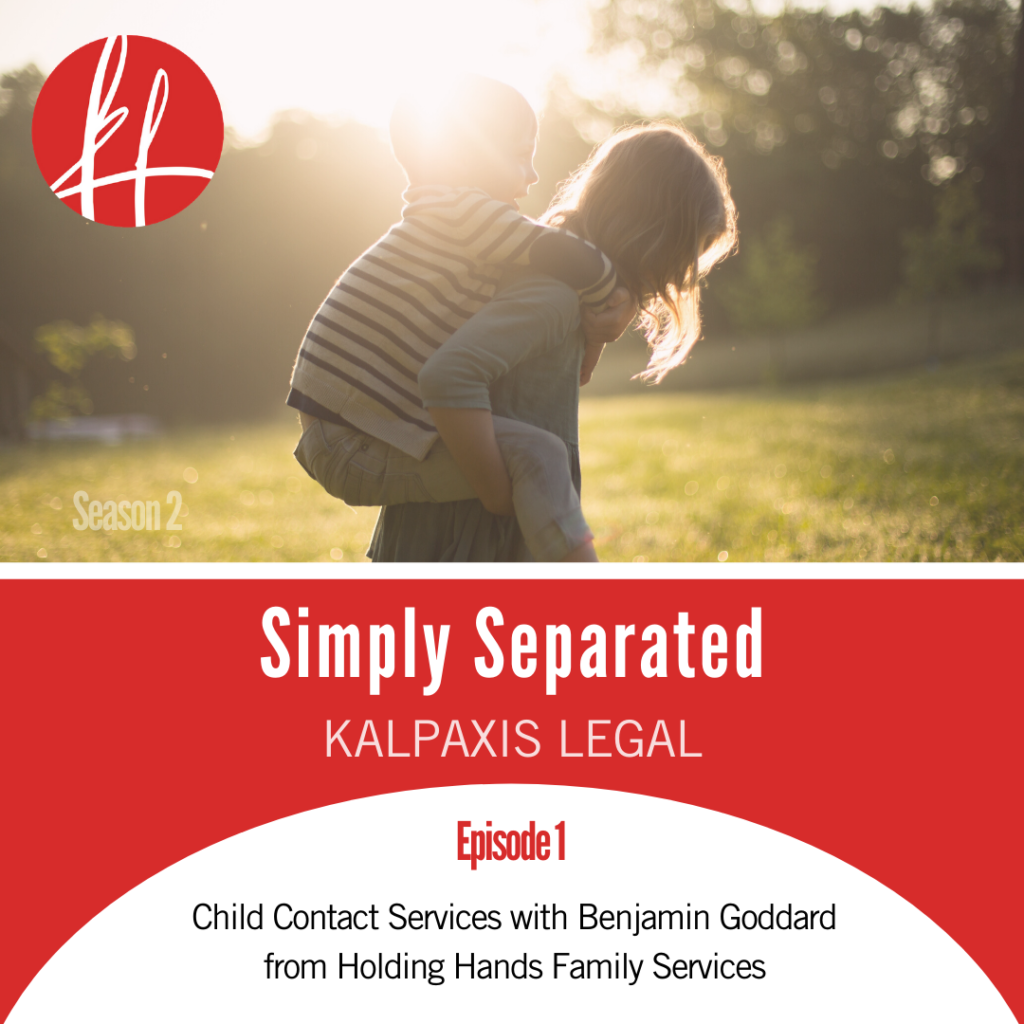[vc_row css_animation=”” row_type=”row” use_row_as_full_screen_section=”no” type=”full_width” angled_section=”no” text_align=”left” background_image_as_pattern=”without_pattern”][vc_column][vc_column_text]
With COVID-19 restrictions being lifted and children recently going back to school, the team at Kalpaxis Legal have collated our top 10 tips for effective co-parenting during school time.
1. COMMUNICATION IS KEY
First, you must get the communication right and be able to communicate with your ex-spouse effectively. This will ensure that you and your ex-partner are working together to give your child the best school experience you can. Given that you were together for a period of time you should know what kind of communication works best for you. Try to make all your communication about your child. It’s also a good idea to keep in constant communication with the teachers so they can update you on your child’s progress both educationally and emotionally.
2. GET A CO-PARENTING APP
Going to school may not only be difficult for the kids but it can also be very difficult for you. There are so many school events to look forward to such as parent/teacher interviews, athletics carnivals, swimming carnivals, excursions, mufti-days and homework.
A co-parenting app such as, Our Family Wizard, is a great way to share your calendar with your ex-spouse and record your expenses.
Sharing your calendar with each other will ensure that no one misses out on important school events.
3. NOTIFY THE SCHOOL
It is very important that your child’s school is aware of your separation and the family situation so that your child’s teachers can better assist in caring for your children whilst they are in their care. Informing the school will also enable them to put both parents on the mailing list so that both parents can receive necessary communication from the school.
4. SPLIT THE COSTS
You should have a conversation with your ex-spouse about who will be paying for school-associated costs. If you are receiving child support payments, this generally covers school costs however you can speak with your ex-partner to negotiate splitting costs on larger fees and expenses.
5. WORKING TOGETHER
It is important that you try to work together for your child even if things are going to best with your ex-partner. The last thing you want to do is embarrass your child at the school, so try so stay amicable when interacting with each other. You should also try to have both parents present at all schooling events such as parent/teacher interviews, the first day of school and sporting carnivals.
If you and your ex-partner cannot be amicable, you can contact the school and, in most cases, they can make arrangements for separate parent/teacher interviews. You could also arrange to occasionally have an informal meeting with the principal, teachers and the parents to ensure that everyone is on the same page and understand the specific living arrangements.
6. GETTING HOMEWORK DONE
Handling homework can be challenging when co-parenting because one parent may be more consistent than the other in ensuring that homework is getting done. If this sounds like your circumstances then you should encourage your child to complete homework on their own and teach them that it is their responsibility to complete it.
7. CONSISTENCY IN HOUSE RULES
It is common that the parent who spends lesser time with the child might loosen the rules when the child is in their care. This can be confusing and disadvantageous in the future and therefore it is very important that both parents communicate to each other and come to an agreement about the rules and guidelines. For example, bed times should be consistent at both parent’s household as well as length of time on devices or play time.
8. UTILISE YOUR SUPPORT SYSTEM
If you are lucky enough to have supporting friends and family around you, you should utilise their support during back to school to minimise stress when picking up or dropping off. If you lacking this at this time, you can seek support from the school or other parents at the school.
9. IT’S NORMAL
This would be a difficult time for not only you but also your child especially when going back to school. You can reassure your child that a lot of parents separate and that it is normal. Their peers may be asking them questions about the separation and this can make it difficult for the child to cope. You should reassure your child that they do not have to talk to about it with their peers if they do not want to. As this is a daunting time for the family, you can also arrange for your child to see the school counsellor.
10. STAY ORGANISED
This can be difficult when the child is moving between two households and because of this you need to work together to make sure that everything is in the right place when it is needed, for example, uniform and school supplies. It can be useful to have a separate backpack for each child for the parents to transmit items from one household to the other.
Kalpaxis Legal wants to reassure its clients that, even in a state of abrupt and continuously spontaneous change, we are readily available to assist in your family law matter.
If you would like to discuss your family law matter, please contact us here or give us a call on (02) 8631 8593.[/vc_column_text][vc_empty_space][/vc_column][/vc_row][vc_row css_animation=”” row_type=”row” use_row_as_full_screen_section=”no” type=”full_width” angled_section=”no” text_align=”left” background_image_as_pattern=”without_pattern”][vc_column width=”1/2″][qode_elements_holder number_of_columns=”one_column”][qode_elements_holder_item advanced_animations=”no”][/qode_elements_holder_item][qode_elements_holder_item advanced_animations=”no”][vc_column_text]
By Heela Khatiz
Solicitor at Kalpaxis Legal
[/vc_column_text][/qode_elements_holder_item][/qode_elements_holder][/vc_column][vc_column width=”1/2″][/vc_column][/vc_row]








